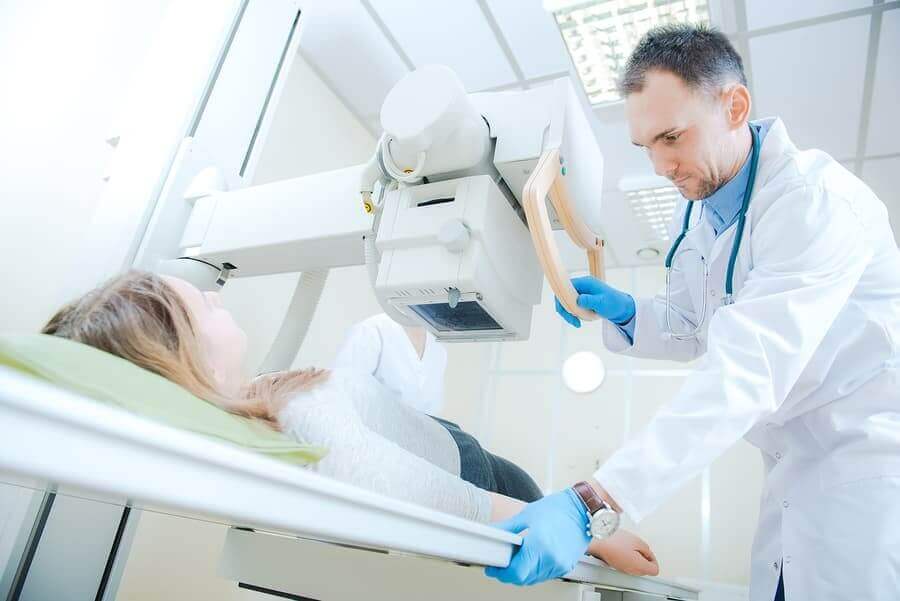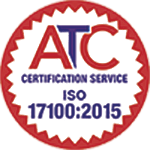Translating any medical content badly can have very serious consequences. This happened in a celebrated case in the United States where a family described a family member as being “intoxicado” in Spanish. This word means in Spanish that you ate something like food, drink or drugs which made you unwell. The doctor when he heard this word immediately diagnosed the relative as suffering from a drug overdose. However, when he didn’t recover a number of days later, the doctor discovered all this time he had been bleeding in the brain which caused irreparable damage to the brain leading to quadriplegia. This was a question of misunderstanding on the part of the doctor as presumably there was no interpreter available at the time.
Medical Device Translations Need to be Taken Seriously
Medical translations often include content related to the introducing of a medical device to an overseas market. Marketing materials, packaging, labelling, technical instructions, training and software need to be included with the device. For businesses which need medical translations, it’s often quite a challenge to get to understand what every country requires for a new device. This is when it’s necessary to hire a medical device translating services for a company that knows a lot about medical device makers and their laboratories. They must also know all about the strict requirements and regulations that are laid down by all countries that wish to purchase the device.
Medical Device Translation Expertise
Language Service Providers (LSPs), which specialize in medical device translations, should have at their fingertips a worldwide team of medical linguists in all the required languages. As well as having the core skills that are necessary in order to be a professional translator, all medical translators should be able to have an in-depth understanding of complicated medical concepts and any terminology that goes with these concepts. Every native-speaking translator must have a useful medical background which includes years and years of translating medical device content.
Translation Tools
As well as hiring experienced medical translators, it’s very important today to have the use of standard translation devices. These increase the accuracy and consistency when working on all projects. Additionally, these tools save language used for further similar projects. These tools include:
1. A glossary which is the terminology specific to a particular company’s products such as branding terminology.
2. A term-base is a database which includes all of a client’s terminology in the glossary. The term-base will serve up the terminology when a translation tool is used by a translator.
A translation memory (TM) is the database containing word segments that have been used so far on a client’s content. When the translator translates content, it’s kept in the TM. The TM then becomes useful for any future translation work completed for the client.
Using all tools available and the expert medical device translation services ensure greater accuracy in all translations.



